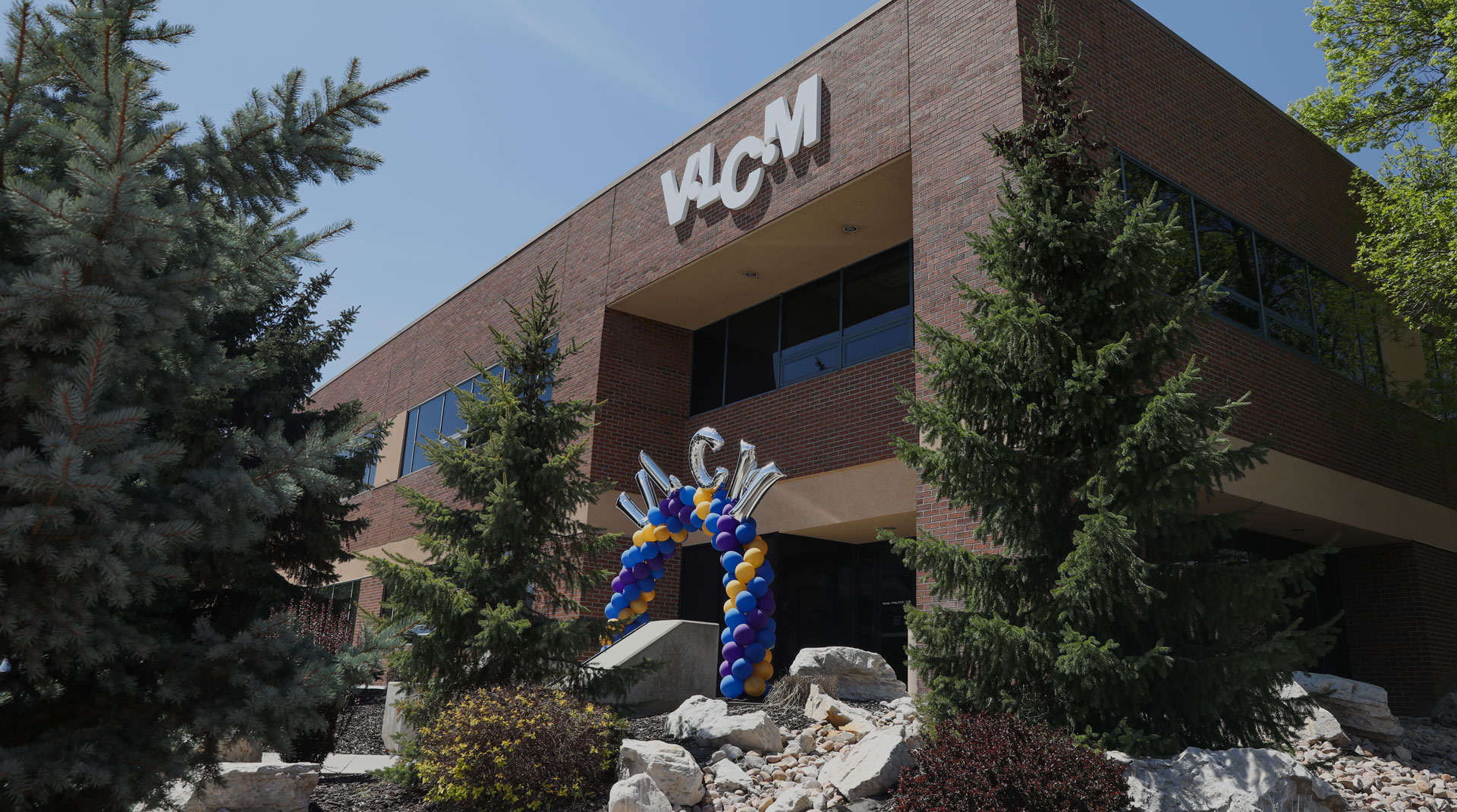
Three of the most frequently googled questions about cancer are: "Can cancer be genetic?", "Can cancer be inherited?", and "Which cancer is genetic?". These are the questions we'll be answering in today's post.
If you'll recall, cancer is caused by changes (also called mutations) in genes that control the way cells function. Some of these changes cause cells to grow in hyperdrive. Other mutations prevent damaged DNA from being fixed or help cells skirt the biological forces that would normally make them die. These mutations build up until cells begin to grow and split at astronomical levels. Eventually a tumor forms.
Most cancers develop by chance due to external factors like smoking, drinking, or exposure to UV radiation--the "nurture" part of "nature vs. nurture". However, some people do have a genetic predisposition to cancer and have a higher risk for developing the disease than the general population.
The way it works is that a mutation occurs in a parent's sperm or egg. When the sperm or egg with the mutation eventually becomes a baby, every single cell in that baby's body contains the mutation. This includes that baby's sperm or eggs, which is how the mutation would be passed to the third generation. Humans generally have 2 copies of each gene in every cell, so half of the copies of that gene in every cell are already compromised. Since half remain normal, the gene still functions. However, if by chance one of the still functional copies in any of the cells becomes mutated during a person's life, the gene will stop working in that cell. If the inherited mutation is in a gene that normally works to prevent cancer in some way, cancer may result. In this way, the inherited mutation makes the person significantly more likely to develop cancer--only one gene needs to mutate by chance, rather than two.
This situation accounts for only 5-10% of all cancers and is called a hereditary cancer syndrome or a family cancer syndrome. More than 50 syndromes have been identified, but the major kinds of cancers associated with them are breast, ovarian, colorectal, prostate, and a number of rarer, less known cancers.
As you can perhaps see from the description of how an inherited mutation can cause cancer, having a hereditary cancer syndrome (aka an inherited mutation in a gene that protects against cancer) doesn't necessarily mean that a person has cancer or is guaranteed to develop it. Some chance is still involved. What it does mean is that a person who has this kind of mutation is more likely to develop cancer than someone who does not.
Cancer is often more common than people think, and it may incorrectly appear to be hereditary in a family because it's caused by some shared environmental or lifestyle factor like alcohol or tobacco use. Even without such shared factors, cancer is so common it would not be surprising for a family to have multiple members living with the disease. Some signs a family carries a syndrome might include:
- many cases of the same kind of cancer in one family (particularly if it's a rare cancer)
- many cases of cancer in the family that occur at a young age
- family members who have multiple different kinds of cancer
- childhood cancer in siblings
Genetic tests can tell whether a person has inherited one of these mutations.

 0 Comments
0 Comments
